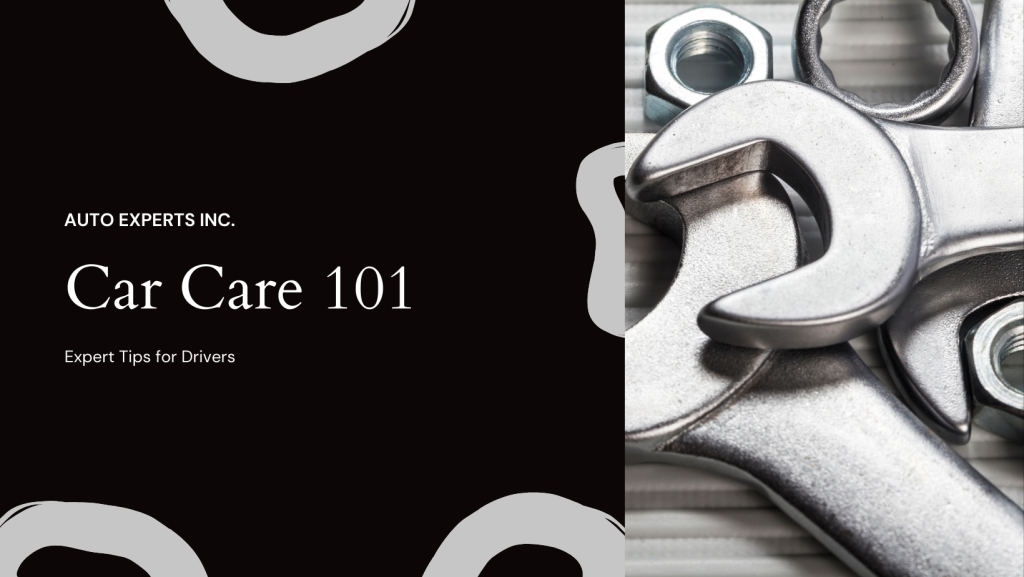Regular maintenance is crucial for keeping your car running smoothly and preventing costly repairs down the road. This article outlines essential car maintenance tips that every driver should be aware of to ensure their vehicle remains in optimal condition.
- Regular Oil Changes: One of the most important maintenance tasks is changing your engine oil regularly. Oil lubricates the engine and helps reduce friction, preventing wear and tear on vital components. Follow your manufacturer’s recommendations for oil change intervals, typically every 3,000 to 5,000 miles or every 6 months, whichever comes first.
- Check and Replace Filters: Air filters and cabin air filters play a crucial role in maintaining engine performance and ensuring clean air inside the car. Check these filters regularly and replace them as recommended in your owner’s manual or more frequently if you drive in dusty or polluted environments.
- Inspect and Maintain Tires: Proper tire maintenance not only improves fuel efficiency but also enhances safety. Regularly check tire pressure, tread depth, and alignment. Underinflated tires can reduce fuel efficiency and cause premature wear, while overinflated tires can affect handling and braking.
- Brake System Inspection: Your car’s brake system should be inspected regularly to ensure optimal performance. Pay attention to signs of brake wear such as squealing noises, vibrations, or a soft brake pedal. Replace brake pads and rotors as needed to maintain safe stopping distances.
- Fluid Checks: Check fluid levels regularly, including coolant, brake fluid, transmission fluid, and windshield washer fluid. Low fluid levels can lead to overheating, brake failure, or impaired visibility. Top off fluids as needed and inspect for leaks that may indicate underlying issues.
- Battery Maintenance: Inspect your car battery regularly for signs of corrosion or damage. Clean terminals and ensure connections are secure. Consider having your battery tested annually, especially before extreme weather seasons, to prevent unexpected failures.
- Inspect Belts and Hoses: Belts and hoses play a critical role in engine operation, including the timing belt and serpentine belt. Inspect them regularly for signs of wear or cracking and replace them according to your manufacturer’s recommendations.
- Lights and Wipers: Ensure all exterior lights are working properly, including headlights, brake lights, turn signals, and taillights. Replace bulbs as needed. Additionally, inspect windshield wipers and replace them if they streak or leave residue, which can impair visibility during rain or snow.
By following these essential car maintenance tips, you can prolong the lifespan of your vehicle, improve safety on the road, and potentially save money on repairs. Regular inspections and proactive maintenance help identify issues early before they escalate into more significant problems.

